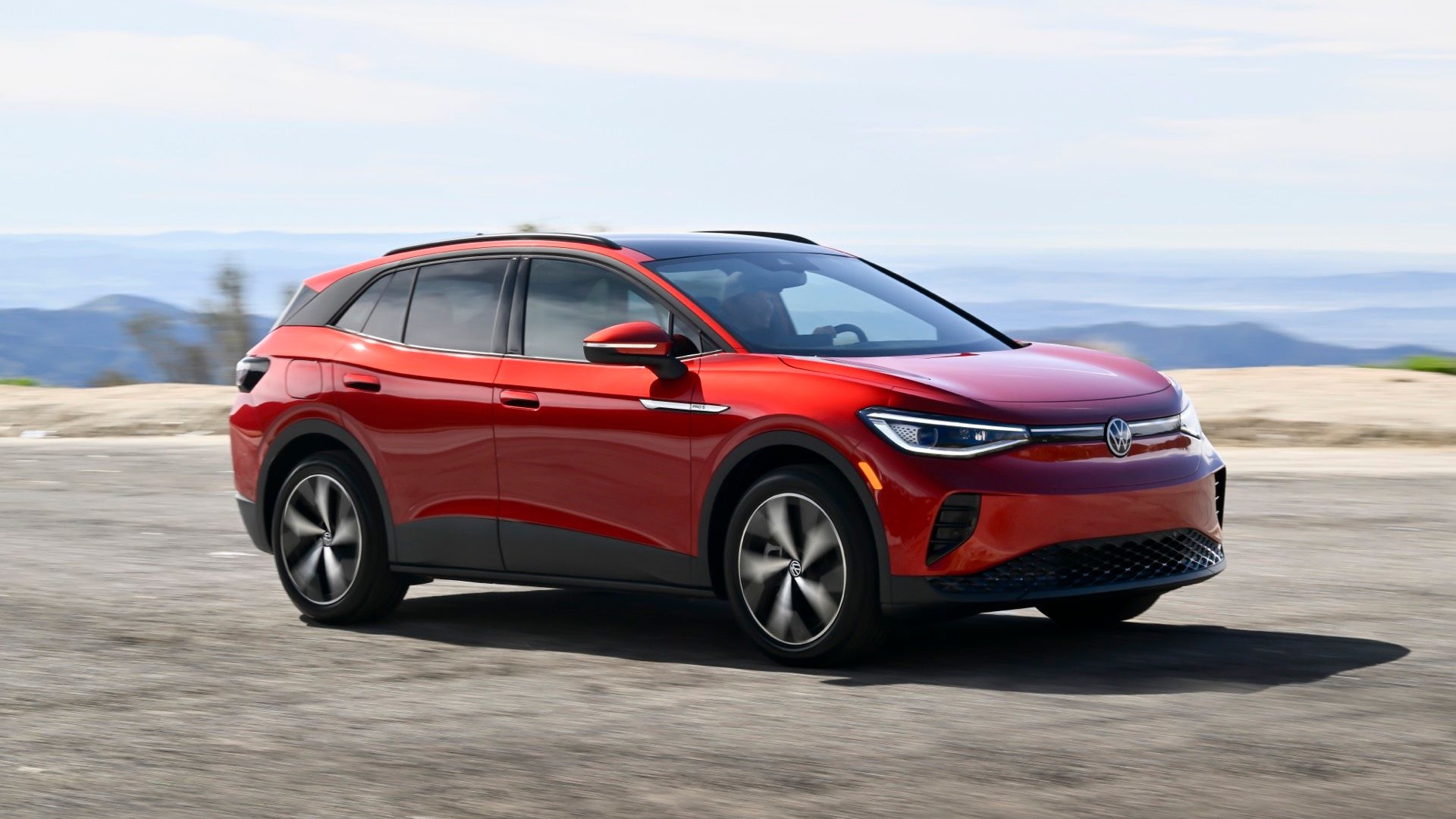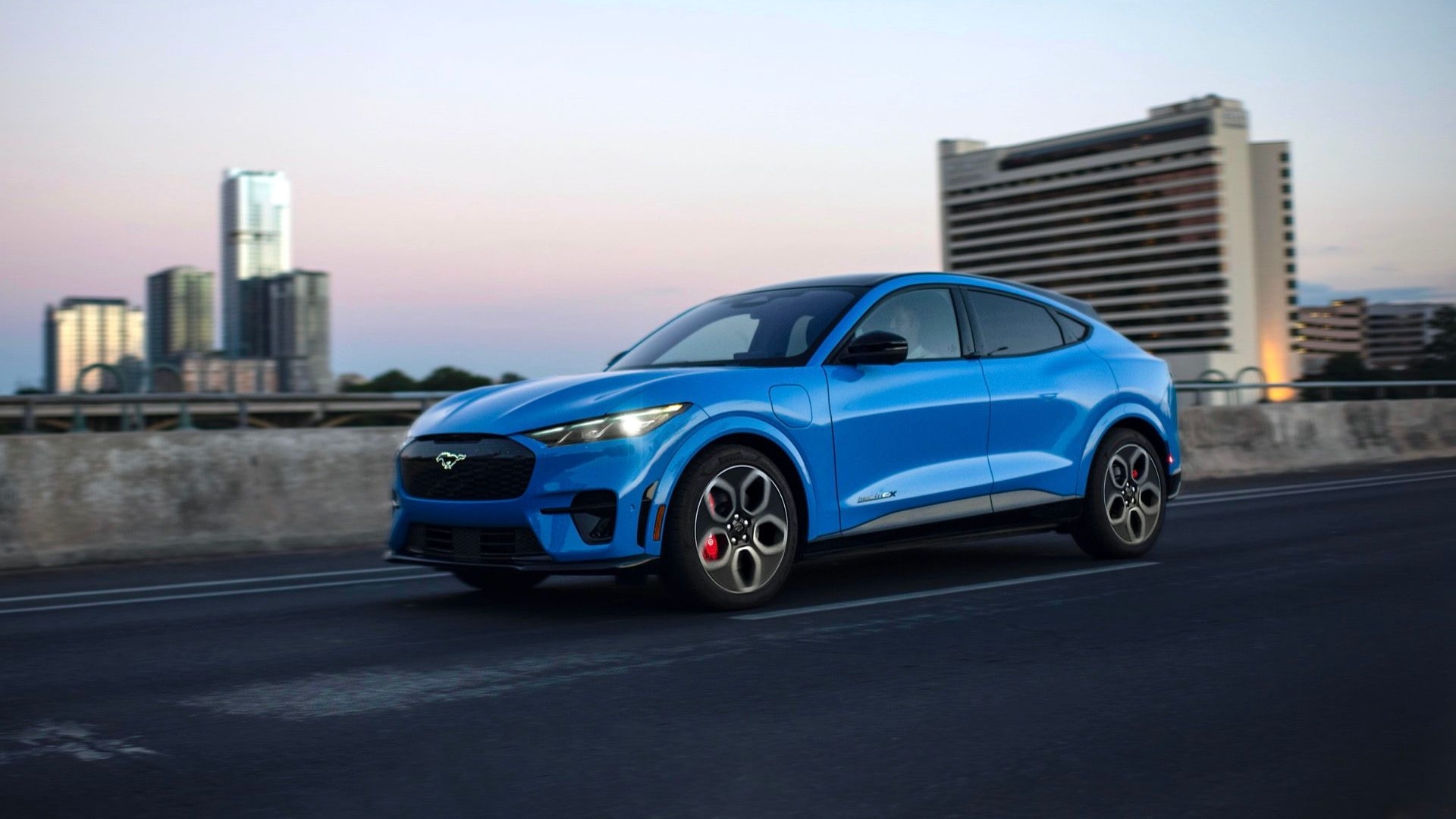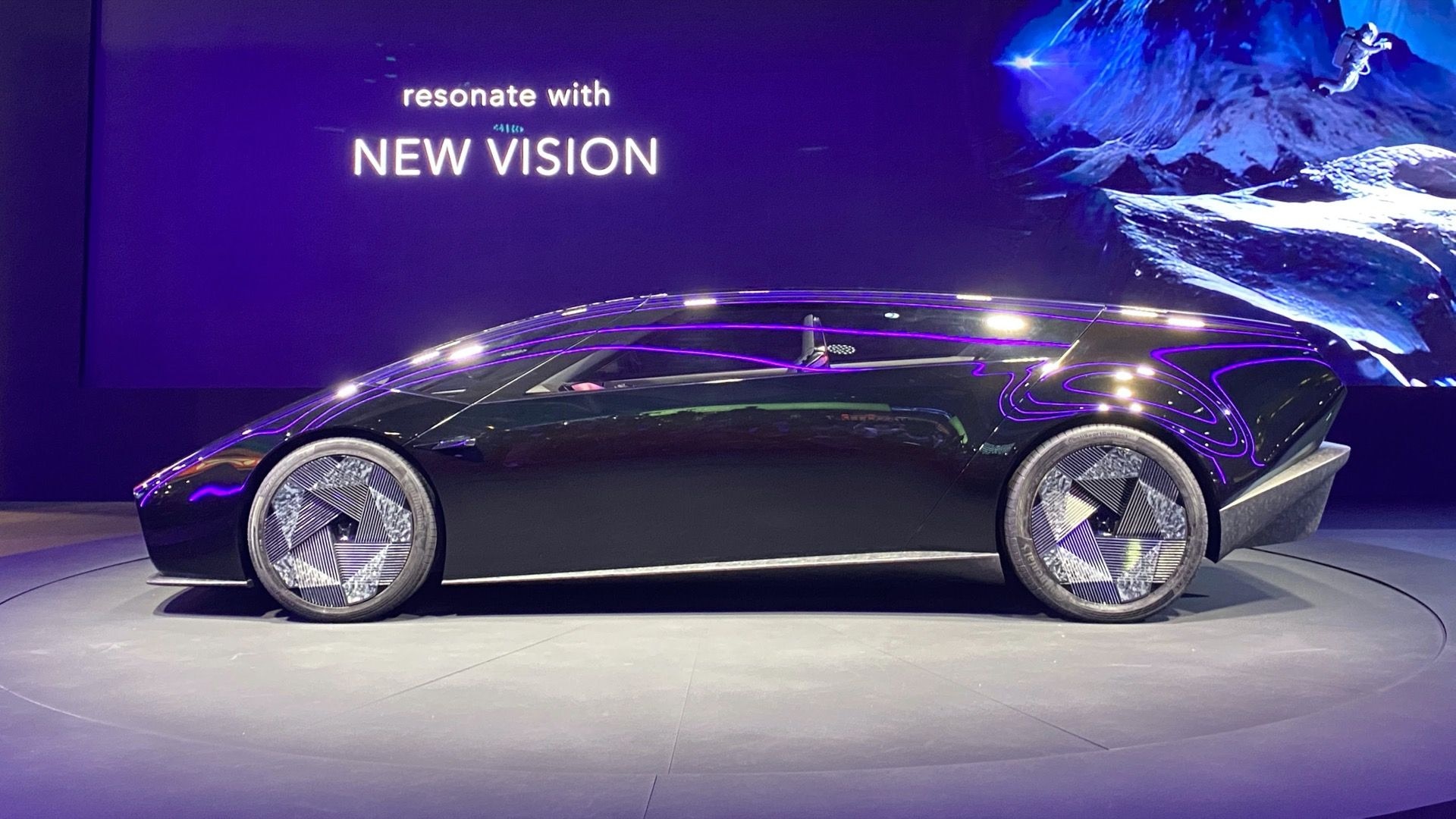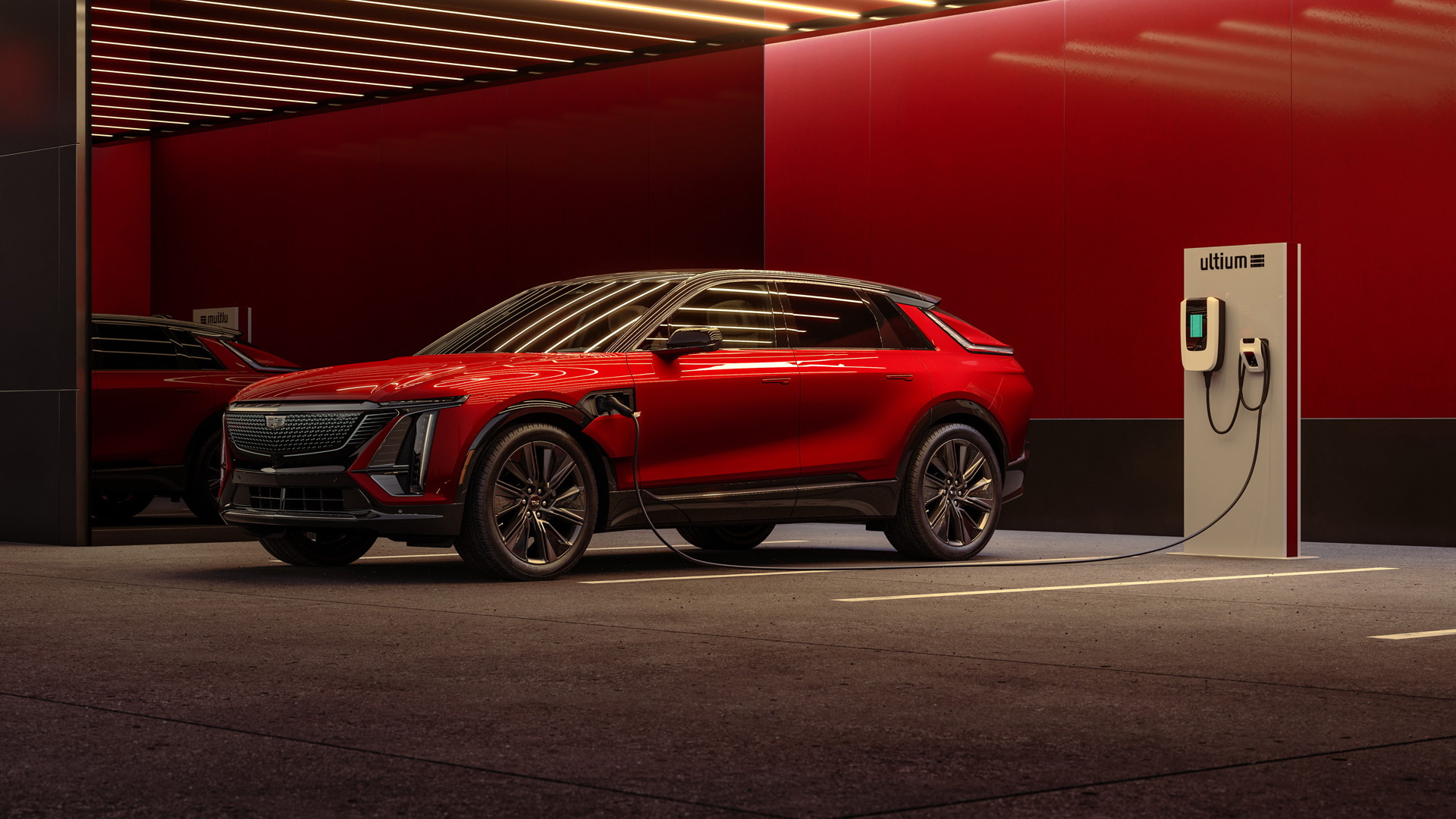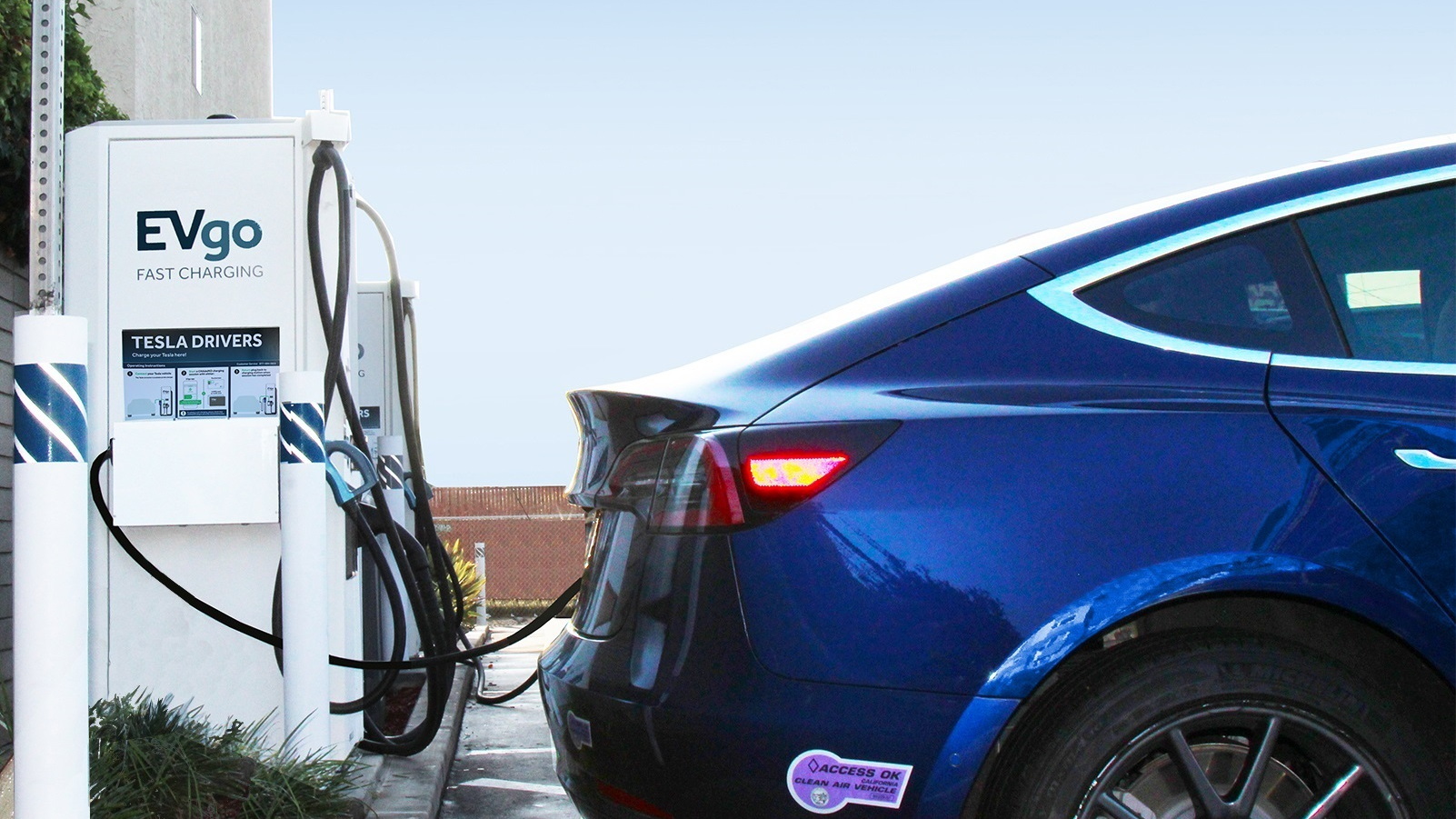In asking developing world countries to clean up their act when it comes to reducing automobile emissions, it's easy to sound hypocritical.
A new climate change initiative, led by Secretary of State Hillary Clinton, will sidestep this hypocricy by addressing the sort of pollutants that are as detrimental to those emitting them as they are to the planet as a whole.
The New York Times reports that the U.S. is pushing to cut harmful pollutants such as those above which contribute disproportionately to climate change, as well as affecting health and agriculture.
Wider benefits
Although asking developing countries to cut their emissions is usually meant with the best will in the world, it often seems to come at the expense of individuals' freedom - you wouldn't ask a man in India to give up his car and his livelihood because of pollution, no more than you'd ask a man in the United States to do the same.
When the benefits are much wider though, such as the local and global improvements in health, agriculture and energy from reducing soot from diesel cars, methane, and hydrofluorocarbons, it's a lot easier to justify.
The old-technology diesels used in many developing countries don't benefit from the measures taken in more recent diesels that slash harmful emissions.
Soot from diesel exhausts, combined with soot from wood burning or old cooking appliances results in an estimated two million premature deaths per year - many of which are concentrated in the poorest countries - those much closer to the source of the problem.
That's a much more tangible benefit for the developing world, as is reducing levels of methane and hydrofluorocarbons that account for 30 to 40 percent of global warming. Reduce harmful emissions, and you improve the peoples' health, and ensure pollutants don't affect crops.
Mitigating the problem
The United States is contributing $12 million and Canada $3 million to help launch a program to reduce these pollutants, and to encourage other countries to participate.
Installing filters on diesel engines, such as those already fitted to vehicles on sale in the U.S. and Europe, can cut down soot particle
Imagine a city like Los Angeles but replace the majority of vehicles with older diesels, and you can picture the sort of soot-clogged streets that cause real health problems in cities like Mumbai.
Drew T. Shindell, a senior climate scientist at NASA's Goddard Institute on Space Studies, explains the benefits.
"What’s really appealing about these measures is that a lot of the benefits are realized by those that take the action. If you reduce these emissions in the developing world, it’s the developing world that gets most of the benefits, by stabilizing rainfall and improving public health"
As such, reducing harmful pollutants in these countries is no selfish initiative from developed countries to ease their own burden, but something that'll improve the lives of everyone concerned.
+++++++++++








